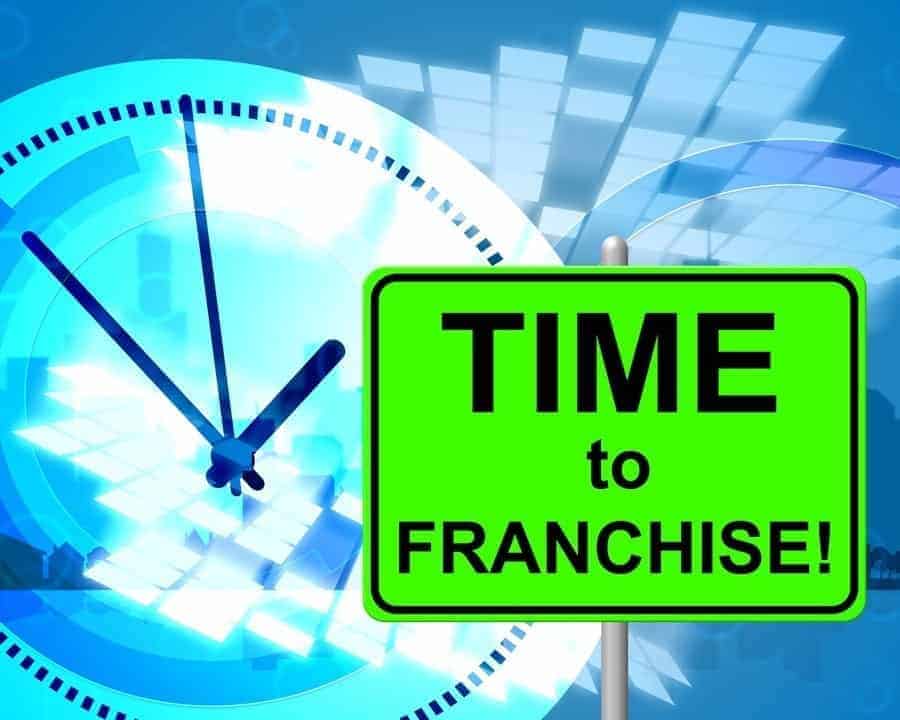We have dissected the Franchise Agreement down to its most basic elements, namely: consent, subject matter, and cause or consideration. The first two parts of ‘Dissecting a Franchise Agreement’ discussed the two essential elements of a valid Franchise Agreement, namely, consent and subject matter. Part three focused on the cause or consideration which impels a franchisor to enter franchising, i.e. (receipt of the franchise fee, royalties, business expansion, among others.)
We go now to the cause or consideration on the part of the franchisee; the “why” which impels an entrepreneur to sign a Franchise Agreement.
The cause or consideration of a franchisee in entering into a franchise agreement is actually the right or “privilege” to use the system of the franchisor, his trademarks and proprietary marks of his franchise, and business know-how. In exchange for payment of the franchise fee, royalty fees and other charges stipulated in a Franchise Agreement, the franchisee is able to “pick the brain of the franchisee”, use his tested and profitable system, and make use of his trademarks which have already attained renown.
The franchisee’s payment of the royalty fee is akin to lease of property. His continued right to enjoy the above “privilege” is contingent, first, upon payment of the franchise fee; second, prompt remittance of the royalty fee and other charges, and third, strict compliance with the conditions stated in the Franchise Agreement. A single and unabated infraction committed by the franchisee is also ground to terminate the Franchise Agreement.
You may ask, “Why on earth will any person sign up as a franchisee?” As strict and as onerous as your run-of-the-mill Franchise Agreement may appear, it is still beneficial to the franchisee. First, the stern language in a franchise agreement is imposed for the benefit of the parties. Thus, the franchisee is assured of uniformity in the system and operations of the franchise. Second, the franchisee will enjoy the exclusivity of using the proprietary marks of the franchisor, to the exclusion of everyone else. Furthermore, he is also assured that the good name and reputation of the franchise will be well-guarded, because of the strict implementing provisions, standards, and norms to be maintained by all franchisees throughout the term of the franchise. Finally, in entering into a franchise agreement, the franchisee need not start from scratch, and experience the so-called “birthing pains” of starting a business. The franchisor has already committed all the mistakes in the past, and what he is presenting the franchisee is the tried and tested way of doing business. In fact, a franchisee need not even have good business acumen. All he has to do is to follow the map or “walkthrough” (usually called an Operations Manual) given by the franchisor to succeed. And in most cases, franchisees are successful.
Thus, in exchange for the payment of the franchise fee, royalty and other charges, coupled by compliance with obligations stated in the agreement, the franchisee gets to enjoy the success, profitable rewards and renown of the franchisor’s tried and tested business.
Let us help you. For further inquiries, you may seek legal assistance by e-mailing us at [email protected].
Nicolas & De Vega Law Offices is a full service law firm in the Philippines. You may visit us at the 16th Flr., Suite 1607 AIC Burgundy Empire Tower, ADB Ave., Ortigas Center, 1605 Pasig City, Metro Manila, Philippines. You may also call us at +632 4706126, +632 4706130, +632 4016392.









